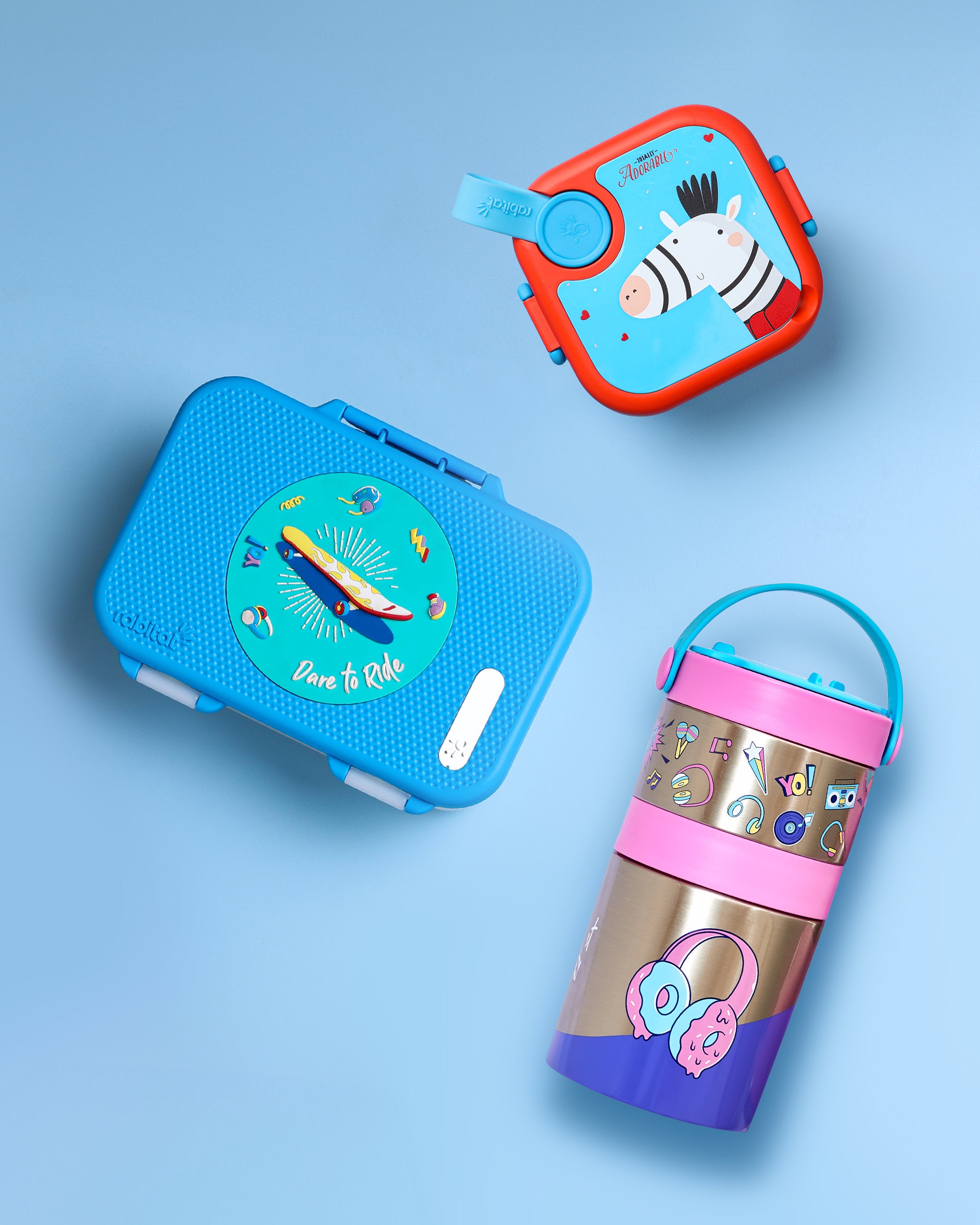An adult’s relationship with food is heavily based on their food habits as a child, therefore many parents want to introduce healthy eating from an early age. However, it is not easy to get children to eat a balanced diet. We have even come across parents who have to pressure their kids into finishing what’s on their plate, let alone ask for more veggies. This is why we are here with 5 tips that can help you and your child establish a positive relationship with food.


Do not force the kid to eat
We have been taught to take less food and ask for more later so that we finish the entire plate. This is what we teach our kids, and often force, beg, and even bribe them to eat everything. By forcing them to eat, we are teaching them to not trust their bodies and overeat even when they are full. This leads to kids hating dinner time. Instead, introduce foods in lesser quantities and encourage asking for more food later. When they will feel they have a choice, they will be more interested in eating.
Ask them to plate their food
Building on the previous point – young children are either served by their parents or do not know the perfect amount for their hunger. As a result, they have to consume what is served. Teach them how to plate their food and how much to put on their plates. This will help them understand their eating habits. This way, you can introduce the concept of trying a new dish by taking a spoonful for tasting.
Involve them in cooking
Children like to be aware of all the secrets the adults are hiding from them, this involves cooking. They can see the end product, but including them in the process can get them interested in different vegetables and flavors. Show them the different ways to eat one veggie and get their opinion on their favorite way. This can help create curiosity around healthy food and help them understand the effort that goes into cooking. Your kid will be able to communicate what they would want to eat and appreciate the meals you put on the table. Two birds, one stone.


Introduce different types of snacks
Many 90s kids received an almond or cashew as a snack whenever they complained about being hungry before dinner. These kids are now adults that soak almonds overnight to eat before breakfast. Healthy snacks are a great source of nutrients. Keep foods like cut-up colorful fruit, dry fruits, nuts, whole-grain crackers, carrots, cucumbers, radish, eggs, etc. handy in case of hunger emergencies. You can even set alarms for scheduling the snacks so that they can easily satiate their hunger and not get cranky before meals. Once the kids get accustomed to the routine, they will crave a healthy snack at that time of the day. This habit will also alter their snacking behavior.
Show, don’t tell
Children grow up by learning from their parents and others around them. When you think your child spends more time watching rhymes on the internet than going through picture books, try replacing your phone with books and notice the difference. Similarly, when parents talk about diets and skipping meals in front of their kids, they encourage the notion of food being a negative aspect of remaining healthy. To encourage them to eat better, you need to set an example by showing them.
Being a parent is a task! Every day parents have to learn different techniques to make sure they are raising good human beings who can take care of themselves. Our suggestion is to remain patient and let the child learn at their own pace. Speeding the process might not get you the results that you are seeking.

















